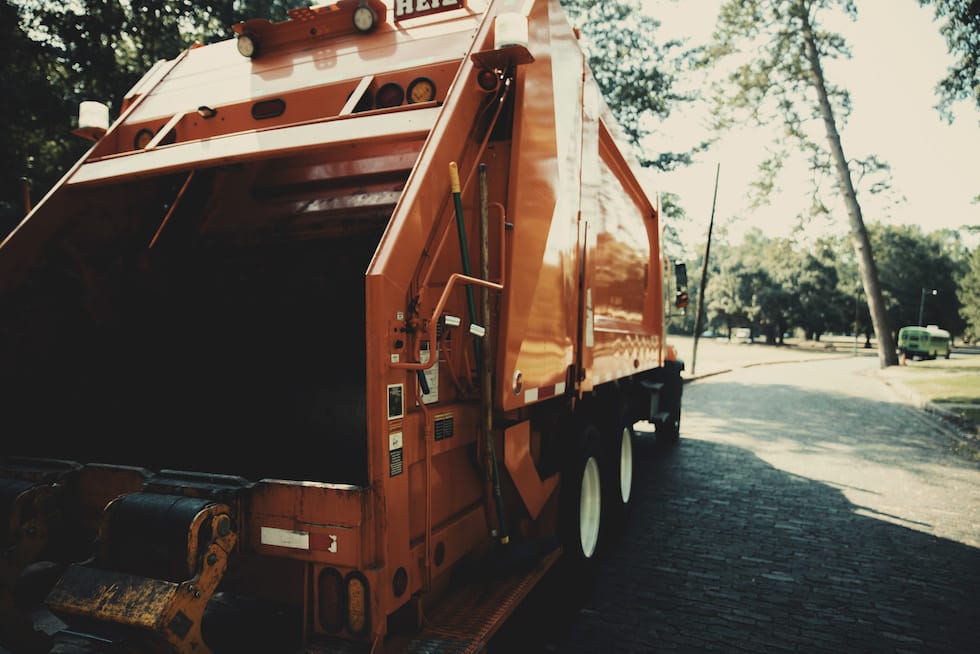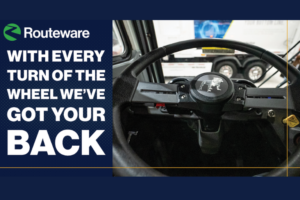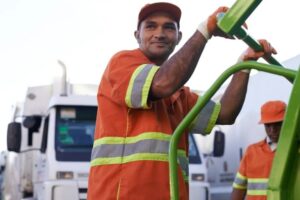NOTE: At the time this article was originally published, RUBICONSmartCity was not part of Routeware’s suite of technology solutions. RUBICONSmartCity was acquired by Routeware in August 2024 and has since been fully integrated into the company’s offering.
The American Rescue Plan, a $1.9 trillion stimulus package that was signed into law by President Biden last month, provides critical payments to individual Americans.
From the $1,400 stimulus checks, to extended unemployment benefits, to money set aside for improved coronavirus testing and vaccine distribution, it is no surprise why the plan is currently supported by 70 percent of Americans, according to a recent poll conducted by the nonpartisan Pew Research Center.
Equally impactful is the $350 billion in aid for states and city governments. Of that $350 billion, cities and counties specifically are receiving $130 billion. This cash infusion provides a rare opportunity for municipal governments to transform an essential and often overlooked function: solid waste collection and disposal.
Solid Waste Departments are Reeling
The pandemic hit municipal solid waste departments hard in three main ways. First, solid waste workers were declared “essential,” as a critical part of the public health response to the pandemic. This designation meant solid waste workers reported to work throughout the crisis. Second, many of these very same workers fell victim themselves to COVID-19, or otherwise could not report to work due to exposure and contact tracing rules. And the third was that solid waste volumes started to shift from businesses (many of which closed) to households, as a significant portion of the American population started working from home. Many cities saw a 10 percent increase in residential solid waste volumes during the first few months of lockdowns and stay-at-home orders. Battered solid waste departments simply could not meet demand under these conditions, and many of them cut other services, including recycling.
According to Waste Dive, “scores of local governments have canceled or indefinitely paused their [recycling] programs due to cost pressures and other issues,” many of them citing COVID-19 as the straw that broke the camel’s back.
The pandemic came on top of another crisis that was battering solid waste departments: The collapse of the recycling markets in part due to National Sword, a policy enacted by the Chinese government in 2018 that imposed strict limits on levels of waste contamination and eliminated the imports of 24 types of solid waste, resulting in a near-total ban on imported scrap. A number of Southeast Asian countries soon followed suit. Throughout 2018 and 2019, city governments saw their solid waste budgets turned upside down as their formerly valuable recyclables became unmarketable, pushing many budgets into the red—even before COVID-19.
For these reasons and more, municipal solid waste departments are in a state of crisis right now. Sanitation workers have rightly been lauded as essential workers throughout the pandemic, but it’s clear that many departments simply do not have the budgets to modernize these operations for a post-pandemic future.
The Pandemic Isn’t the Last Disruption
The pandemic has made it clear that municipal solid waste collection is essential. No matter what happens, cities must collect the trash.
And we know more disruptions are coming. Thanks to climate change extreme weather events are on the rise, and cities are on the front lines of dealing with the fallout. That’s why the timing of the American Rescue Plan is critical. The $350 billion in aid for states and city governments in the American Rescue Plan provides cities with a one-time cash injection to transform their cities. Solid waste departments should be near the top of that list.
Take the City of Baltimore, Maryland. In August 2020, Baltimore suspended curbside recycling services, citing staffing shortages as a result of the pandemic. While city residents understood the need to keep sanitation workers safe during this time, many were understandably concerned that their recycling was going to end up in a landfill.
The City used the crisis to its advantage. In the fall, the City invested in digitizing its solid waste routes and operations, making life easier for the drivers and enabling more workers to work from home during future disruptions.
Future-Proofing Solid Waste Departments
Despite Baltimore’s investment, and the investments that other cities made to digitize operations during the pandemic, funds were limited. The 2020 CARES Act, for example, was constrained in what it could be used for, with a focus on expenses directly related to COVID-19.
The American Rescue Plan is much broader in its reach, and as such it recognizes that improving resiliency for the future is an essential planning element for any city. And cities are taking note. Local governments across the country are starting to publish their plans on how they will be looking to spend funds allocated to them as part of the American Rescue Plan—and resiliency and digitization are common themes.
Cities can use the funds provided by the American Rescue Plan to future-proof their essential solid waste operations. Here is a list of ideas for solid waste investment areas, culled from conversations with solid waste departments around the country:
- Digitize operations: With more disruptions on the way, solid waste departments can no longer rely on paper route sheets and customer lists memorized by drivers. Modern, resilient operations require a digital-first approach.
- Offer curbside organics collection: Setting up curbside organics collection is capital intensive because it often requires new carts, trucks, and collection routes. However, it pays off over time, as cities save money on every ton of food waste diverted from landfill.
- Optimize the fleet: Optimizing regular collection routes can save hundreds of thousands of dollars in reduced staff time, mileage, and greenhouse gas emissions. The City of Atlanta, for example, saved over $750,000 annually after an optimization in 2018.
- Transition to containerized collection: Containerized waste reduces the potential for the spread of disease. It also helps cities begin to automate collection with side-load vehicles.
- Switch from rear-load to side-load vehicles: Automated collection requires just one person per vehicle, while rear-load vehicles required three people to operate. These trucks give cities the maximum flexibility to collect waste even when workers are scarce, as they were in this pandemic.
- Integration with other city systems: Now is the time for solid waste departments to streamline operations with investments in technology. For example, 311 calls related to waste should flow automatically to drivers in the field without needing to be manually transferred between multiple systems.
The American Rescue Plan presents a once in a generation opportunity for municipal solid waste departments. This one-time infusion of capital is now available if cities choose to spend it on reimagining their solid waste departments and ensuring that this crucial city service is prepared and resilient for generations to come.
Interested in learning more about what we can do for you? Get Started today with your initial quick and free consultation.





